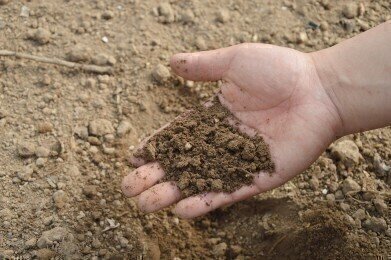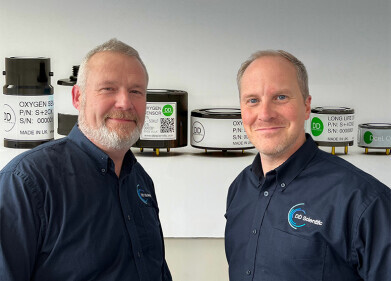Business News
European Commission Consults on New EU Soil Strategy
Mar 24 2021
The European Green Deal is a key component of the European Commission’s ambitious strategy for transforming the EU’s economy for a sustainable future. In May 2020, the Commission presented the new EU Biodiversity strategy for 2030, in which it made clear its views that healthy soils are essential in meeting the European Green Deal’s climate and biodiversity goals.
What is the new EU legislation concerning soil?
The New EU Soil Strategy is planned to be adopted in the second quarter of 2021 and is expected to update the 2006 EU Soil Thematic Strategy to address soil and land degradation in a comprehensive way. It also aims to help achieve land degradation neutrality by 2030.
The first public consultation closed in December 2020, with a wide range of stakeholders contributing well over 200 items of feedback. Those stakeholders included EU citizens, public authorities, academic and research institutions, environmental organisations, business and trade associations, NGOs, companies and technology providers.
How important is soil analysis to the NEW EU Soil Strategy?
One of the problems this initiative aims to tackle is diffuse soil contamination by atmospheric depositions, pesticides, antibiotics, excess fertilisers, microplastics, sewage sludge and other waste disposed of terrestrially. After reviewing the feedback from the first consultation, it’s also clear that improving the capabilities to monitor soil quality and soil pollution will be important in identifying and remediating contaminated sites.
Pollution prevention is economically more attractive than remediation and this is clearly part of the European Green Deal strategy. The European Commission’s communication on the EU Biodiversity Strategy for 2030, sent in May 2020, states: “As set out in the Farm to Fork Strategy, the Commission will take action to reduce by 50% the overall use of – and risk from – chemical pesticides by 2030 and reduce by 50% the use of more hazardous pesticides by 2030.”
On the 2nd of February 2021, the Commission opened the second and final public consultation for the new EU Soil Strategy. The goals of this initiative are to protect soil fertility, reduce erosion and sealing, increase organic matter, identify contaminated sites, restore degraded soils and define what constitutes “good ecological status” for soils.
This initiative aims to update the current strategy to address soil degradation and preserve land resources. Stakeholders and experts are invited to contribute their views via a structured questionnaire. The questions contained within cover several topics, including the importance of soil and land, the causes of soil and land degradation and how best to address soil and land degradation effectively.
What criteria are appropriate to ascertain soil health?
The Soil Health and Food Mission (one of the missions identified under the EU research programme Horizon Europe) proposed eight indicators to assess the current soil status and to track changes to that status:
- Presence of soil pollutants, excess nutrients and salts
- Soil organic carbon stock
- Soil structure including soil bulk density and absence of soil sealing and erosion
- Soil biodiversity
- Soil nutrients and acidity (pH)
- Vegetation cover
- Landscape heterogeneity
- Forest cover
The opinion of the Soil Health and Food Mission is that these eight metrics will provide a comprehensive overview of the healthiness of the soil in question. All that remains now is to put in place a dedicated scheme for the measurement and monitoring of those indicators, to ascertain how soil improves or deteriorates over time.
You can help to make the European Green Deal a reality
International Environmental Technology invites readers to take part in this public consultation and contribute to the process, thus helping the European Commission to prepare its new Soil Strategy in a timely and prudent manner. The second public consultation feedback period ends on 27th April 2021.
You can also choose to stay updated on the latest research, environmental legislation, methods and technologies for monitoring, analysing and testing for methane emissions via our site, as well. Click here to subscribe to a free copy of International Environmental Technology.
Digital Edition
IET 34.2 March 2024
April 2024
Gas Detection - Biogas batch fermentation system for laboratory use with automatic gas analysis in real time Water/Wastewater - Upcycling sensors for sustainable nature management - Prist...
View all digital editions
Events
Apr 30 2024 Melbourne, Australia
Apr 30 2024 Birmingham, UK
May 03 2024 Seoul, South Korea
May 05 2024 Seville, Spain
May 06 2024 Minneapolis, MN, USA



















